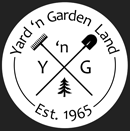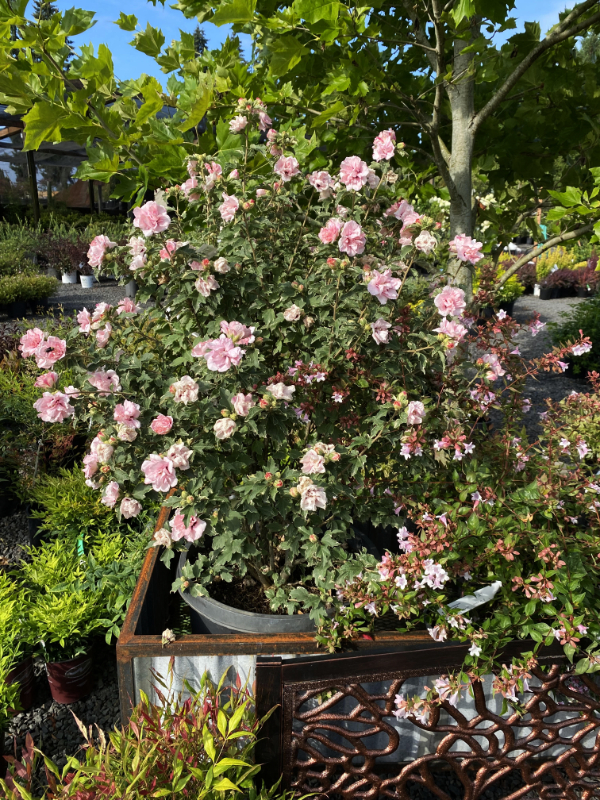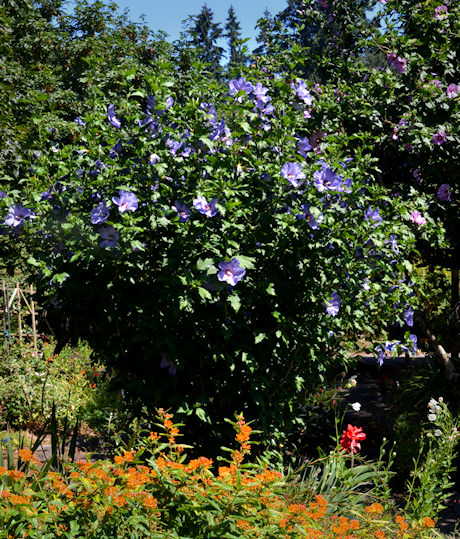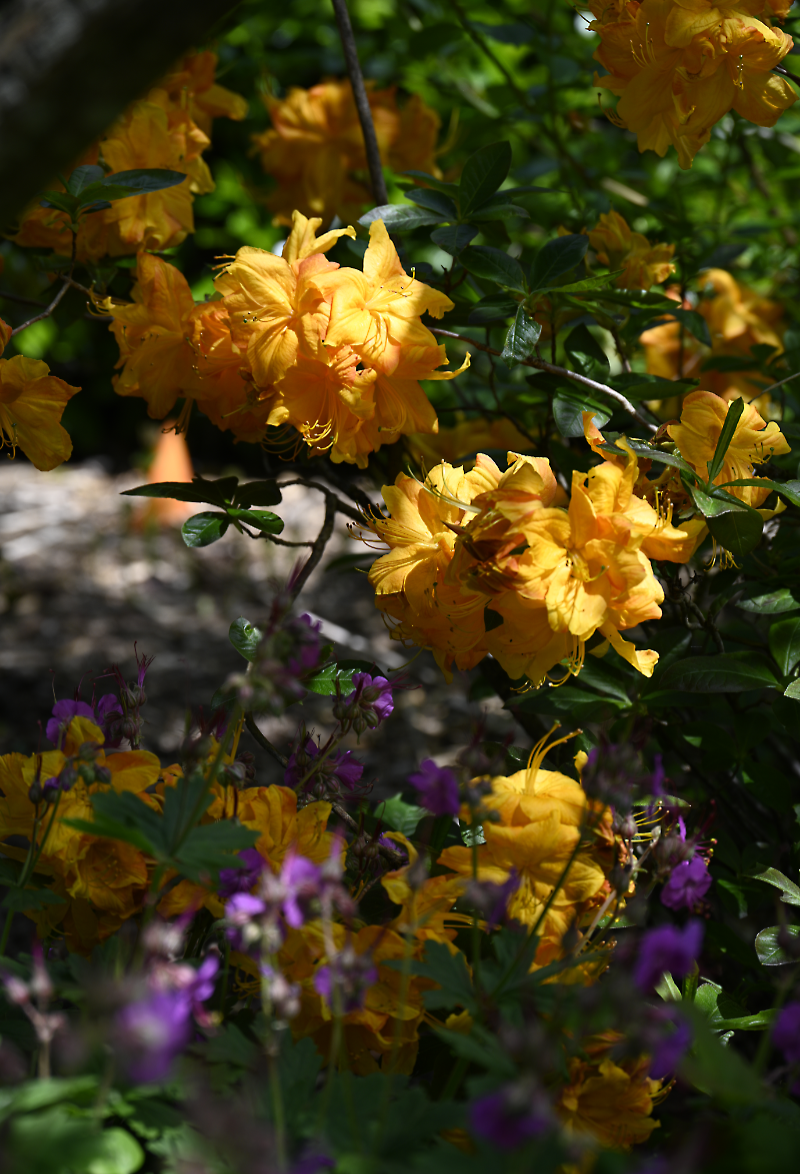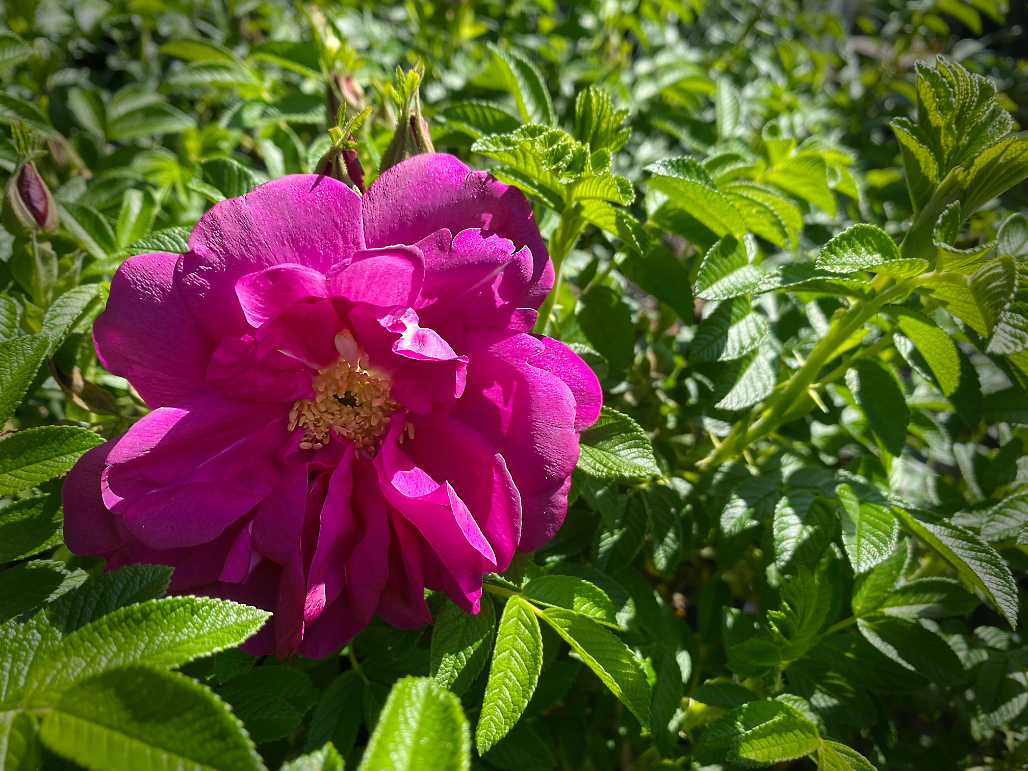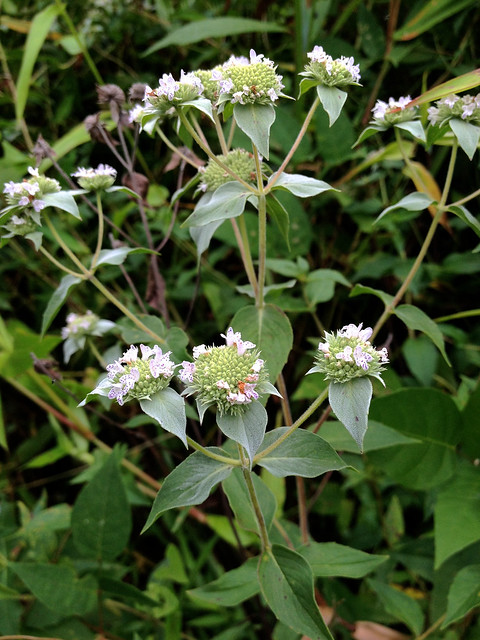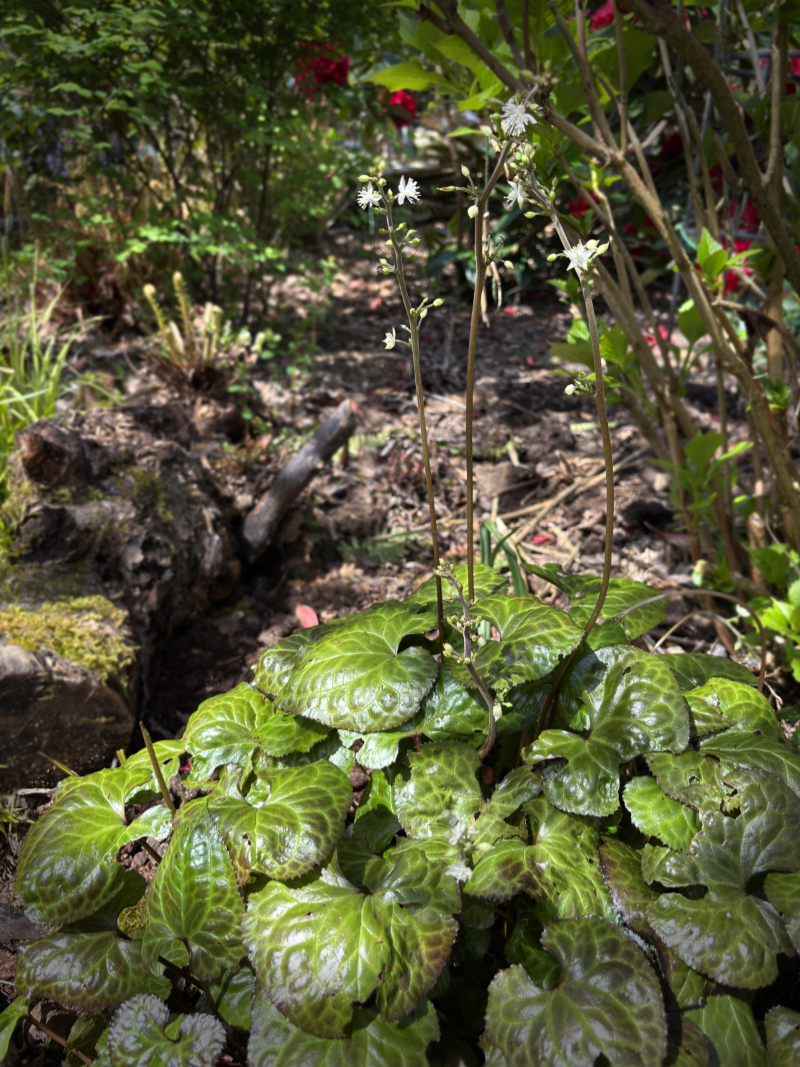Rose of Sharon
Rose of Sharon (Hibiscus syriacus) is a shrub that evokes memories of childhood and our grandparent’s gardens. It is a long-lived plant and specimens can still be found at older gardens and historic homesteads.
Despite the name, it isn’t a rose but a member of the hibiscus (mallow) family. To add further confusion, there is also the Tropical Hibiscus (Hibiscus rosa-sinensis) which has similar flowers, but it is a tender houseplant and cannot survive winter temperatures. Rose of Sharon grows much larger (8 feet or more) and is extremely cold hardy (-20 degrees).
Growing in an upright manner, blooms begin to appear in late summer (July to August). Flower colors range from true blue (such as the classic ‘Blue Bird’ pictured below) to red, pink, white and purple. Some varieties display a colored throat that contrasts with the outer petal color. Single and double flowers are available. Flowers open during the day and close at night. Bloom is heavy and prolonged, and flowers will appear up until frost.
Rose of Sharon is easy to grow and doesn’t require much fuss. They thrive in hot weather and will tolerate drought. However, for best results, give them a good deep watering at least once per week. They are not particular about soil types and grow well in all but extremely wet or dry soils. We recommend that you add a good soil amendment (such as our 3-way mix) to your native plant. Full sun is best but a little shade is fine as well.
To ensure heavy flowering and larger flowers, cut back plants in late winter or early spring. Younger plants should only be pruned lightly. Older plants can be pruned by cutting back branches to the second or third node. Older canes can be removed entirely to help thin out the plant.
Rose of Sharon can be utilized in a number of ways in the garden. They can serve as specimen plants or used in a mixed border with other shrubs and perennials. They could be used as a hedge or even a container plant. As they grow taller, they are attractive when limbed up as a small tree.
Check out our selection of Rose of Sharon at Yard n’ Garden Land and let us know if you have any questions about growing them.
